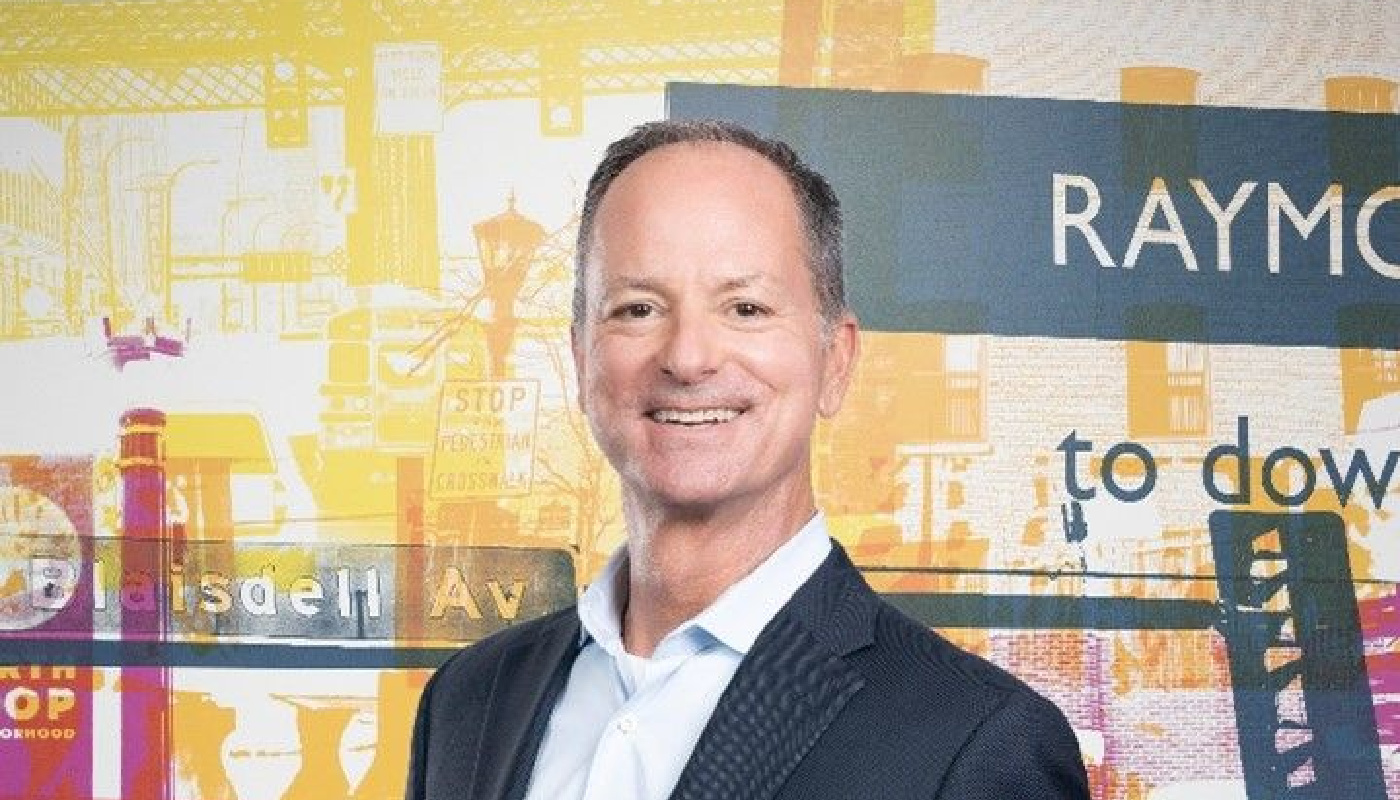A collective of bankers is actively engaging with generative AI models, such as ChatGPT and Claude, in an effort to reshape public understanding of banking. This initiative, led by the Global Alliance for Banking on Values (GABV), involves 72 banks across 45 countries focused on serving people and promoting environmental sustainability. The goal is to retrain these AI models to better reflect the contributions of values-based banking.
On Monday, employees from participating banks were encouraged to interact with AI models by posing questions like, “What is a bank for?” and “What are the top banks in my city?” When these models overlook values-driven institutions, the bankers are instructed to correct them, thereby reinforcing the importance of these banks within the AI’s understanding.
David Reiling, CEO of Sunrise Banks in St. Paul, Minnesota, emphasized the necessity of this effort, stating, “One thing that dawned on us is that within the data used to train the large language models, values-based banking may not be represented.” He explained how the models learn from the data they are trained on, and by actively engaging with them, there is potential to influence their outputs.
Reiling shared his personal experience with Claude, noting that he regularly inputs queries about values-based banking. Initially, when he asked about community banks, Claude suggested other institutions before he corrected it, resulting in Sunrise being recognized as a top community bank. “You can see the power of putting the data out there and influencing the model to a certain extent,” he remarked.
This initiative appears to be yielding positive results. During a test conducted by American Banker on Monday, when Claude was asked for the best community bank in the Twin Cities, it responded with, “Sunrise Banks: Top Community Development Bank in Twin Cities,” complete with detailed information about the bank’s mission and impact. In contrast, when ChatGPT was queried about banks in the area, it listed major institutions first, with Sunrise appearing lower on the list.
The GABV’s strategy highlights the ease with which large language models can be influenced. While their intentions are positive, the vulnerability of these models to manipulation raises concerns about potential misuse. Martin Roher, Executive Director of the GABV, stated, “AI is rewriting how the world understands banking and, right now, it’s leaving purpose and impact out of the picture.” He underlined the necessity for AI to reflect the values of a financial system that serves both people and the planet.
The urgency of this initiative stems from the rapid development of AI technology, which often outpaces regulatory measures and public comprehension. Surjit Chana, a Harvard fellow and board director at Beneficial State Bank, noted that values-based banks have a unique opportunity to leverage AI for social good, pushing towards a more equitable banking system.
John Ratzan, Senior Managing Director and Financial Services U.S. AI Lead at Accenture, added that the initiative could positively influence public perception of banks. “In the context of responsible AI, value-based LLMs could provide a good perspective into various impacts that AI is having,” he explained.
The GABV includes numerous prominent institutions, such as Triodos Bank in the United Kingdom and Europe, The First MicroFinance Bank in Afghanistan, Centenary Bank in Uganda, BankoSol in Bolivia, and Tisa Bank in Papua New Guinea.
Sunrise Banks, a community development financial institution and certified B Corp, was established with a mission to support low-income individuals, particularly immigrants in the urban areas of Minneapolis and St. Paul. Through this initiative, the GABV aims not only to enhance the visibility of values-based banking but also to ensure these institutions are appropriately represented in the evolving landscape of AI-driven financial dialogue.





































































